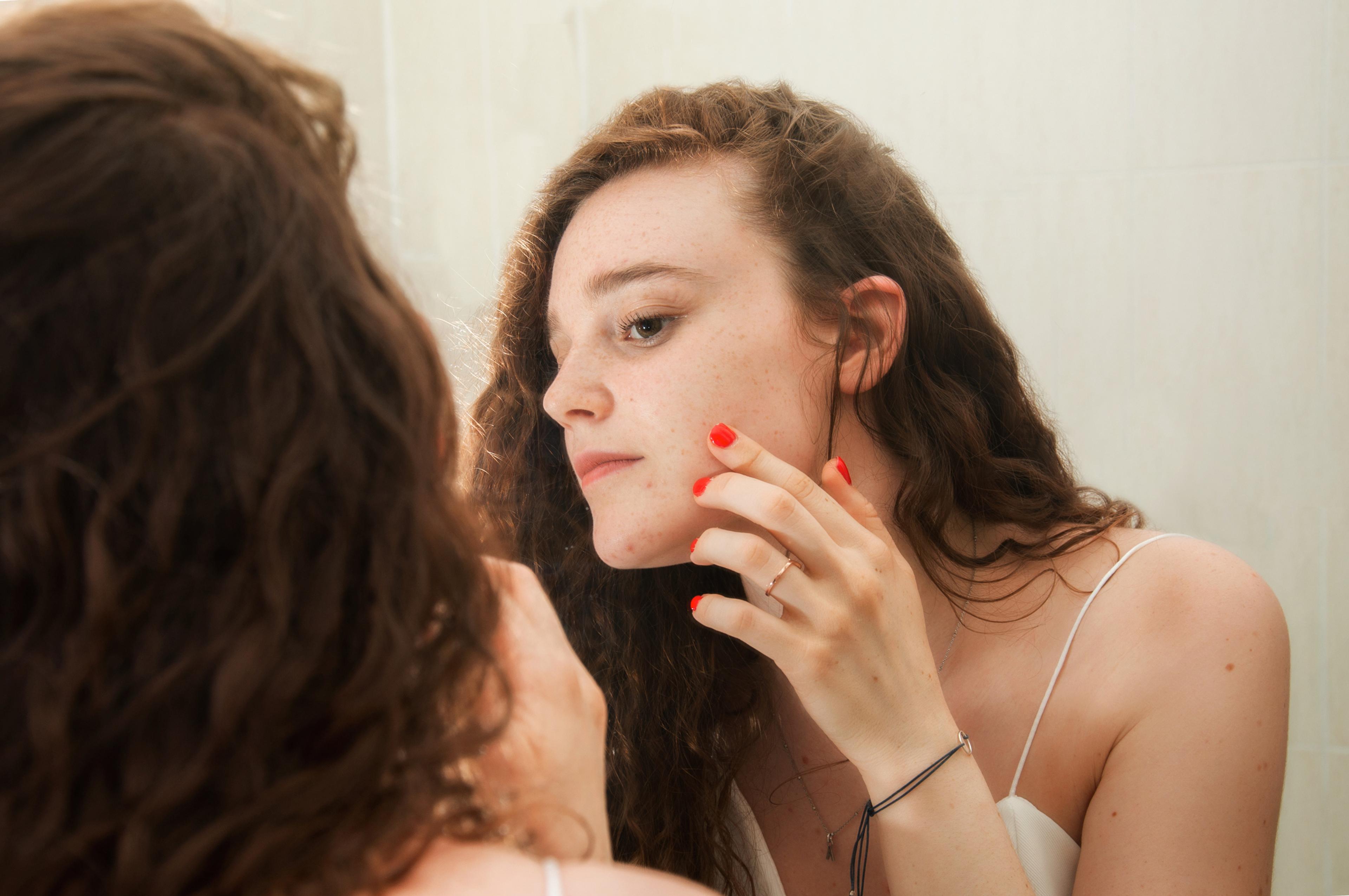
Maybe Seems Harmless…
Okay, let’s set the scene: it’s one of those hot, melting days. You’re late heading out, and you spot a half-full bottle of body sunscreen just sitting there on the counter. And a little voice goes, “Eh, slap some of that on your face… can it really hurt?” Yup, I’ve been there too. We’re all just trying to protect our skin and dodge another round of sun damage, right? But when acne is already being a pain, these “it’ll do” moments? Sometimes, not so harmless after all.
Here’s the honestly relatable part—we all want something easy, something real-world. We want our skin to look decent for work, the gym, grabbing iced coffee, whatever. But figuring out the best moves for acne-prone skin? Ugh. So, what’s the truth? Can you use body sunscreen on your face for acne without unleashing breakout chaos? Let’s dive into what actually works (and when “good enough” could mess things up).
Why Is Body Sunscreen So Tempting?
“Close Enough”…Sound Familiar?
Big bottle, big promises. I mean, that jumbo-size tube is cheaper… and sometimes, convenience feels like winning. Especially if your face sunscreen costs as much as a fancy dessert. Besides, it says “broad spectrum” and SPF 50 and all the good stuff. How different could it be?
Here’s the catch: body sunscreen is built for chest, arms, legs—the skin that’s a bit tougher, not as picky. I swear, every time I try to get away with using body SPF on my face (especially in the middle of July), I’m reminded the hard way. First, the finish feels… heavy. Like your face is wearing a raincoat on a humid summer day. Worse? If you struggle with acne, those rich, oily, or pore-blocking ingredients can get up in your pores—like, swinging the doors wide open for new breakouts. Let’s just say: been there, regret the selfies.
“But Wait…Does Everyone Break Out?”
Nope, not always. If you have super robust skin, sometimes you get lucky, at least for a bit. But for most of us, the facial skin’s like that friend who loves drama—sensitive, moody, and not a fan of heavy stuff. Your cheeks, chin, and forehead are more delicate, and way more prone to clogged pores than, say, your calves. Body sunscreens love being strong and thick. Your face? Not so much.
Quick story—my friend Jamie tried this “shortcut” during a pool day. Next morning? Instant temple breakouts. She texted: “Remind me to read ingredient labels next time I’m in a rush!” So yeah, sometimes, the easy way just isn’t worth it, especially for acne-prone skin.
Why Not Just Use Face Sunscreen?
“But What’s the Real Difference?”
This isn’t one of those marketing tricks where beauty brands just slap ‘face’ on a bottle and hike up the price. There are real reasons for the separation, especially for those of us fighting acne. Facial sunscreens are made to be lightweight, fast-absorbing, less greasy, and most importantly: non-comedogenic. That’s a big science-y word for “won’t clog your pores”—which basically means it won’t make your zits go wild.
Most good face sunscreens now skip the extra fragrances that make your skin freak out, and they often add ingredients like niacinamide or zinc, which are actually calming for angry skin (acne’s favorite state, right?). If you want to geek out a little on the science, check out advice from credible dermatologists in the Colorescience breakdown of face vs. body SPF or research on sunscreen for acne-prone skin from Eucerin. These are brands that actually make products people trust on faces—and their whole thing is: protect, don’t smother.
Table: Face vs. Body Sunscreen for Acne-Prone Skin
| Type | Texture/Feel | Risk of Breakouts | Main Uses | Ingredients |
|---|---|---|---|---|
| Face Sunscreen | Lightweight, quickly absorbed | Low (usually non-comedogenic) | Face, sensitive/acne-prone skin | Fewer fragrances, oil-free, soothing (niacinamide, zinc) |
| Body Sunscreen | Thicker, heavy | Higher (can clog pores) | Arms, legs, chest, back | Richer oils, more fillers, sometimes fragrances |
How About for Acne-Prone or Healing Skin?
Let’s say you’re dealing with breakouts now…or you’re in the boat with dark marks and scars that seem to never fade. Honestly, the sunscreen you pick can make a huge difference. Using the wrong kind—whether it’s overloaded with oils or not built for the face—can keep those marks hanging around way longer, and even create new ones.
A good facial SPF helps skin heal and fade scars, since sunshine can make those spots so much worse and so much more stubborn. There’s a whole guide on this at can you use body sunscreen on your face for acne scars. TLDR: if you want scars to chill out and keep new pimples from popping up, grab the right SPF for your face…not your elbows.
So…What Even Happens If You Use Body Sunscreen on Your Face?
Let’s Get Real…
If you’ve ever slathered body sunscreen across your cheeks in a pinch (yup, guilty as charged), you probably noticed a few things after a few hours. That sticky, not-quite-absorbed feeling? It’s not in your head. Body formulations are heavier and designed to last through, like, sand volleyball and ocean splashing. Not built for your delicate, moody face skin that just wants to be left alone.
Maybe your face looked extra shiny by lunch. Maybe you noticed a few “Hey, what’s that?” spots when you cleaned up for bed. The reason: ingredients that are awesome for big, sturdy skin areas (like shea butter or coconut oil) can block up those tiny face pores, especially for anyone battling acne. Breakouts, blackheads, patches of redness… yep, all way more likely with the wrong SPF.
Is It Ever “Okay” to Use Body Sunscreen on Your Face?
Look, if it’s a toss-up between using body sunscreen on your face or no sunscreen at all when you’re about to step into the sun, go ahead and use it—just that once. Burning or sun-damaging your face will make everything (including acne scars and new pimples) worse. But as a daily habit? Probably best to break that cycle and stick to what your face actually likes.
Face Sunscreens Your Skin Will Love
What Should You Look For?
Shopping for SPF shouldn’t be a headache, even if your skin is finicky. Just grab a product labeled “non-comedogenic”—that tells you someone, somewhere, actually thought about acne-prone skin. Mineral (sometimes called physical) sunscreens are gentle and backed by research, so bonus points if you spot zinc oxide or titanium dioxide in the list. These act like little shields, bouncing UV rays away without seeping into your skin or triggering a breakout.
Oily? Choose gel or ultra-matte formulas. Sensitive? Find something fragrance-free. Want multitasking? Loads of face SPFs now include niacinamide, hyaluronic acid, or even a light tint that covers redness. It’s easier than ever to find a pick your skin will actually thank you for. If you want suggestions, tools like can you use body sunscreen on your face for acne prone round up some winners and explain what to look for.
Quick Personal Hack—I Learned It the Hard Way
Let’s be honest… face sunscreens are often sold in tiny tubes and can feel like a splurge. But after my third post-beach breakout (and endless nights with acne spot patches), buying the right kind finally clicked. I started using a drugstore, fragrance-free face sunscreen every single morning—rain or shine. My skin actually calmed down, my old marks faded way faster, and makeup went on so much smoother (no more gross grease shine by noon). Seriously, the best decision my acne-prone self ever made.
Tip for Lazy Days
If you’re in a rush, you can even find moisturizer + SPF combos made for acne-prone skin. Just double-check the label. If it says “face,” you’re golden. (If it says “rich, creamy, all-over luxury body experience”… maybe don’t put that on your chin.)
Body vs. Face Sunscreen for Acne, Summed Up
The big truth is, sunscreen is essential if you’ve got acne or leftover marks. Sun damage isn’t just about wrinkles and skin cancer—it can worsen breakouts, slow healing, exaggerate dark spots, and throw your skin’s barrier totally out of whack. But—and this part matters—grabbing any old SPF isn’t a free pass.
A lot of body sunscreens are thick, oily, and packed with extras made for rough elbows or dry legs. Smearing that all over your sensitive face? For most acne-prone folks, it’s like inviting new breakouts over for a party. Trust the dermatology experts—using a non-comedogenic, face-focused formula is one of the easiest ways to dodge those “why is my skin doing that?” surprises.
It’s also the only way to truly help your skin recover from scars and stay bright. Seriously, check the latest research on can you use body sunscreen on your face for acne scars—you’ll find advice straight from the derms: wear SPF every day, and your scars have a fighting chance of fading faster. Skip or use the wrong one, and they’ll take forever to budge.
Making Daily SPF a Habit (Without Breakouts)
Your Quick-Acne Safe Routine
Here’s how I finally found a routine that stuck:
- Wash with a gentle (not drying!) cleanser
- Use your acne treatment if you need it
- Apply a hydrating, oil-free moisturizer
- Finish with your favorite, non-comedogenic face sunscreen—at least SPF 30
- Touch up if you’re outside a lot, especially after sweating
Just a few minutes, and it actually prevents those after-sun breakouts. Doubles as a protective primer under makeup, too. If you want extra coverage, tinted SPFs can cut redness and save you a step—win-win.
Pro tip? For those “I’m running out the door and don’t want to look oily” moments, I keep a travel face sunscreen in my bag—lifesaver for spontaneous plans or last-minute errands.
Conclusion: Do Your Face a Favor
So… can you use body sunscreen on your face for acne? You can in a true pinch, but honestly, why risk it? Your delicate face deserves more than a quick fix. The right face sunscreen protects, soothes, and helps those stubborn pimples or scars heal instead of hanging around forever. From my very real skin struggles to geeky chats with dermatologists, this is the one daily habit I’d beg anyone dealing with acne to pick up for good. Seriously, swap that big bottle for a gentle face SPF and your skin—future, present, and way down the line—will thank you.
Don’t let fear of breakouts keep you from using protection. Face SPF matters just as much as your cleanser, maybe more. For a little inspiration and more details on finding the good stuff, check out can you use body sunscreen on your face for acne prone and see how many can relate. Life is too short for regrets (and sunburned breakouts!). What’s your go-to SPF hack? Let’s swap stories and beat the acne drama together.

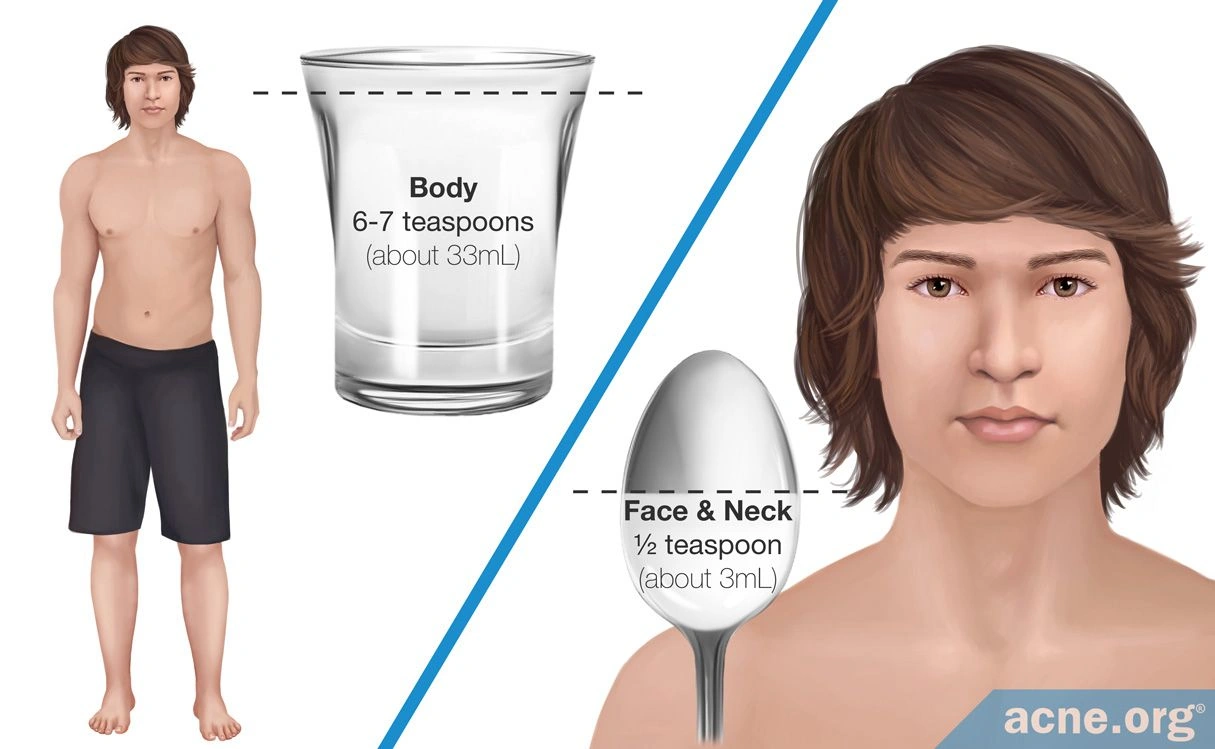


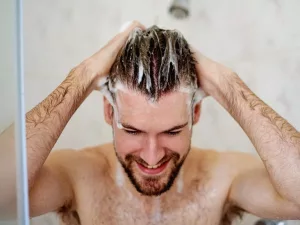



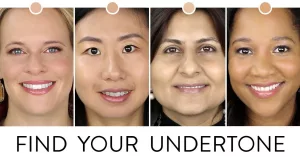
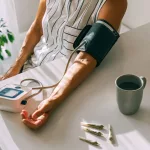







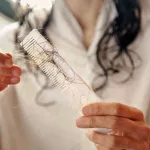

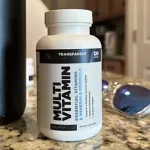



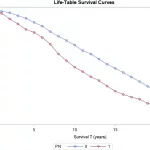
Leave a Reply
You must be logged in to post a comment.